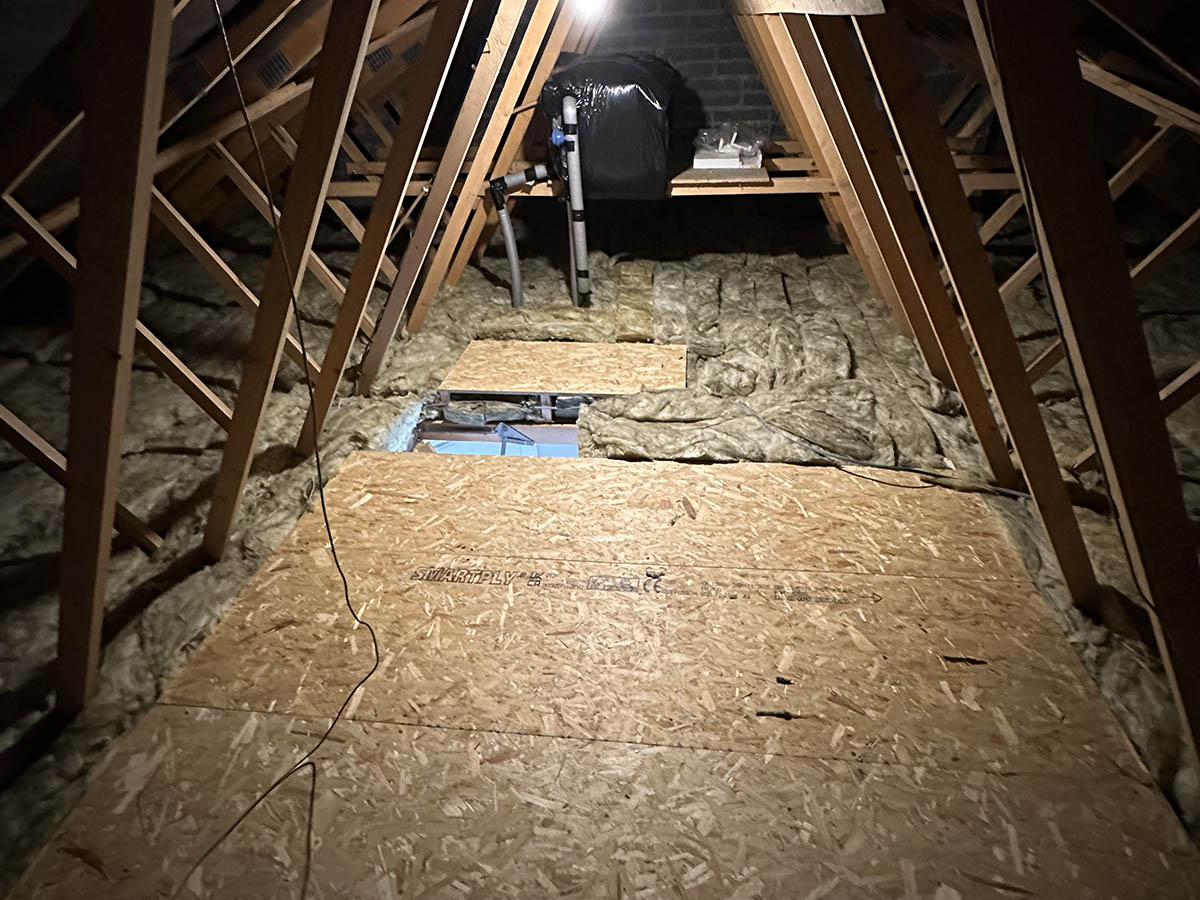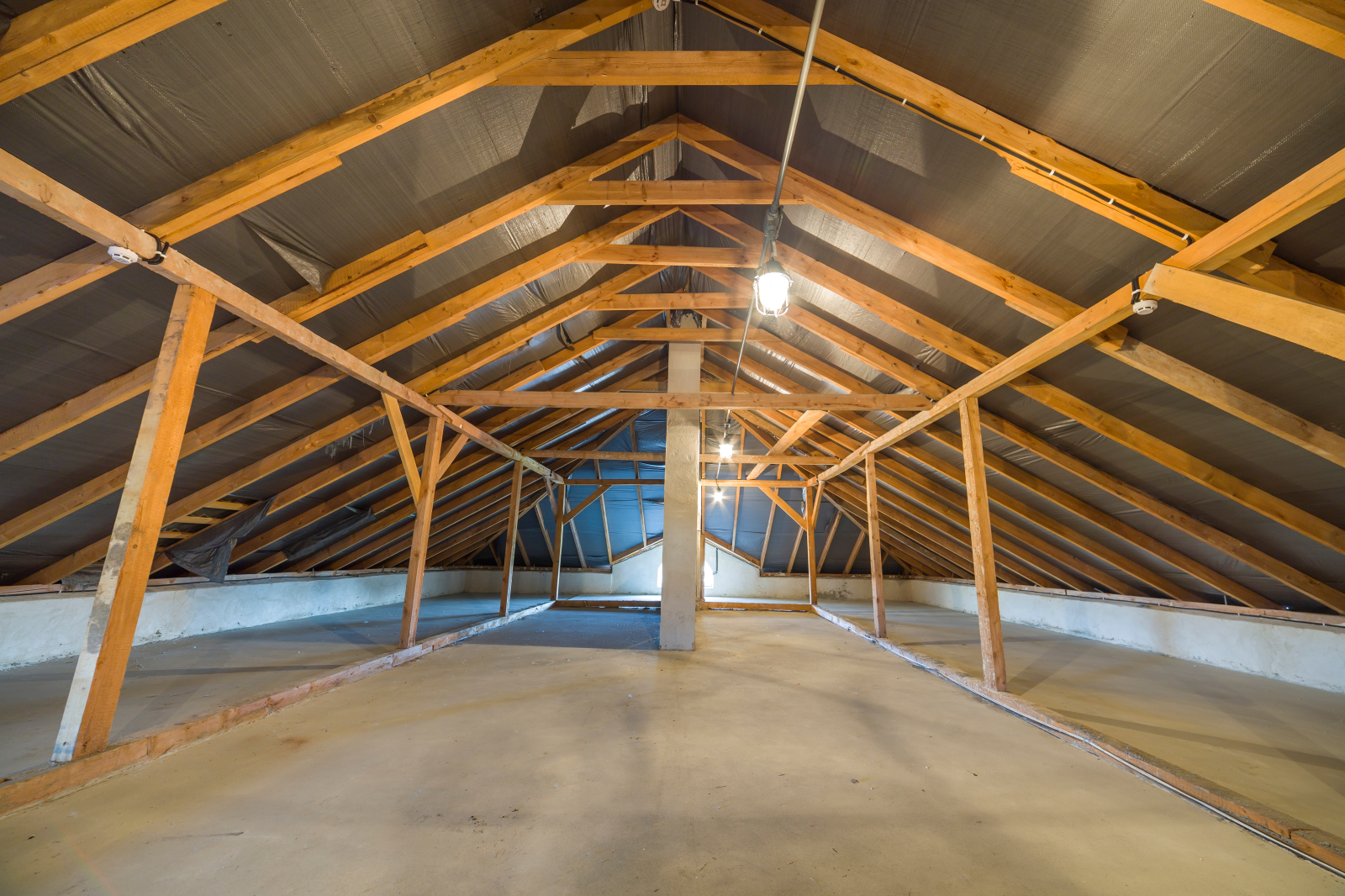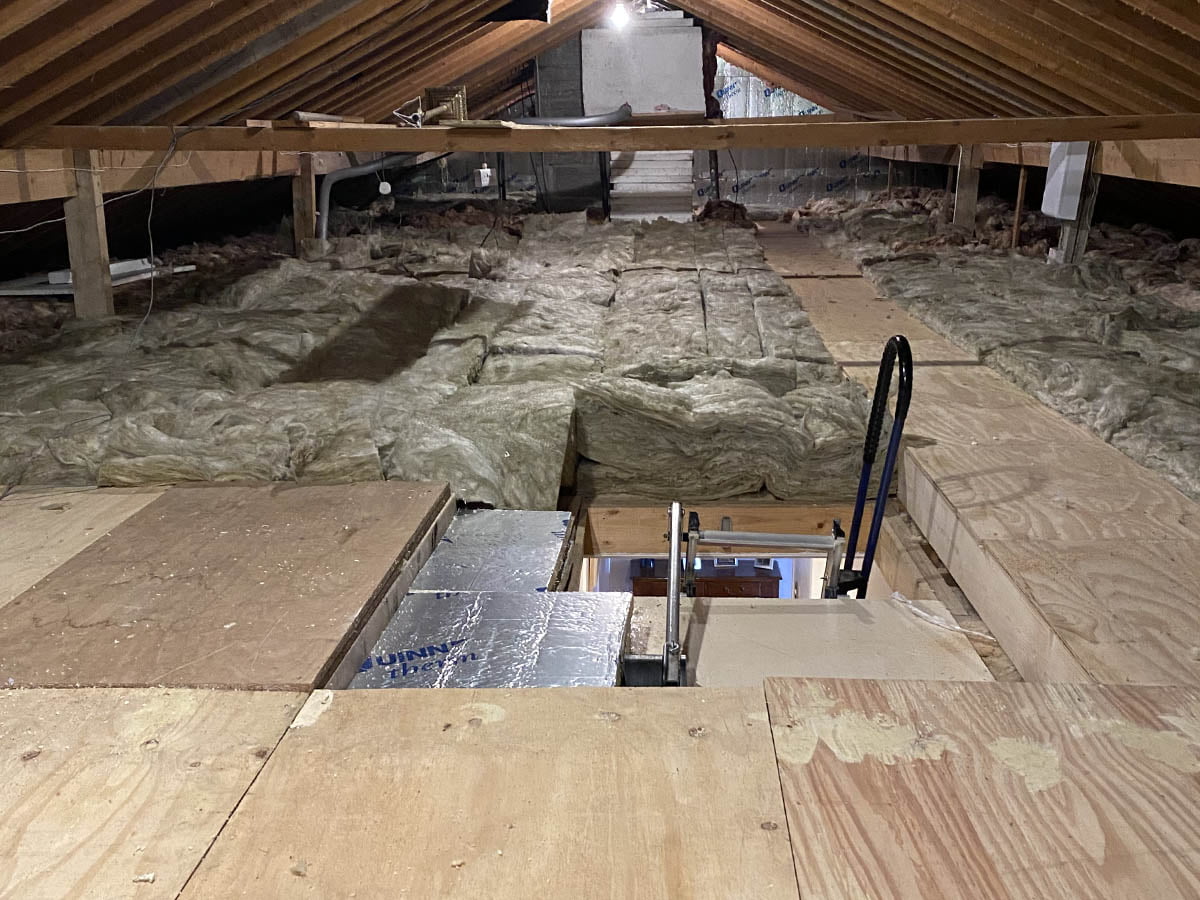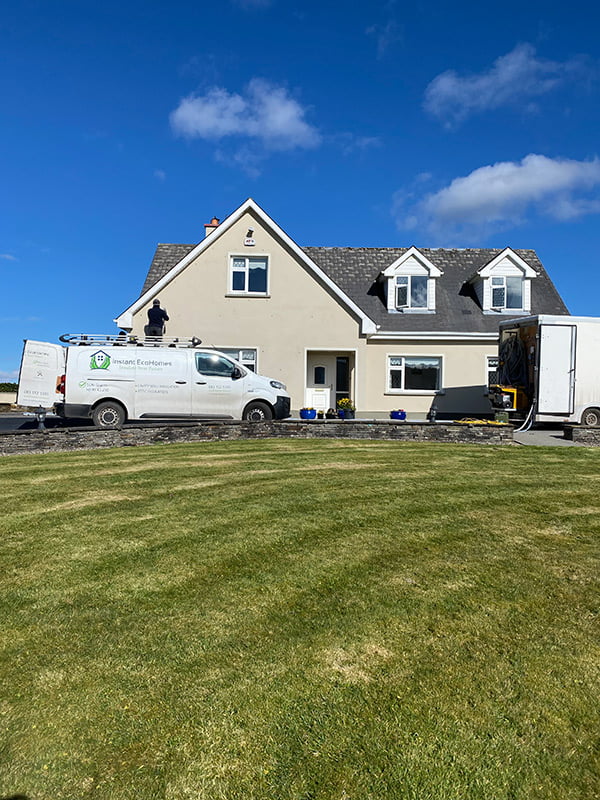When it comes to home improvement projects, DIY enthusiasts often find themselves eager to take on new challenges. One such endeavor that might catch your attention is DIY attic insulation. While the idea of potentially saving money and enhancing your home’s energy efficiency can be enticing, it’s essential to weigh the pros and cons before embarking on this insulation journey. In this article, we’ll explore the advantages and drawbacks of DIY attic insulation to help you make an informed decision.
The Pros of DIY Attic Insulation:
- Cost Savings:
One of the most significant advantages of most DIY projects is cost savings. By tackling the project yourself, you can avoid labor and management charges. However in the case of an attic insulation upgrade the upfront cost may be more than a DIY project, it will work out considerably cheaper when the SEAI grant is claimed (for qualifying homes) - Flexibility:
DIY projects allow you to work at your own pace and on your schedule. You have the flexibility to choose the insulation material and method that best suits your needs and preferences. - Learning Experience:
DIY insulation can be an educational experience. You’ll gain knowledge about your home’s construction and the insulation process, which can be valuable for future projects. - Personal Satisfaction:
Completing a DIY project can be incredibly rewarding. The sense of accomplishment and pride in improving your home can be fulfilling.


The Cons of DIY Attic Insulation:
- Complexity:
Attic insulation can be more complicated than it appears. Proper installation requires knowledge of building codes, ventilation, and safety measures. Mistakes can lead to inefficiency or even damage. - Time-Consuming:
DIY projects often take longer to complete, especially if you’re not experienced in insulation work. You might need to invest several weekends or more to finish the job. - Safety Risks:
Working in the attic can be physically demanding and potentially hazardous. There’s a risk of falling, and exposure to insulation materials can irritate your skin and respiratory system. - Potential for Inefficiency:
Without proper knowledge and equipment, DIY insulation may not provide the desired energy efficiency. Gaps or improper installation can lead to heat loss and increased energy bills.
Key Considerations for DIY Attic Insulation:
- Research and Education:
Before starting, thoroughly research the insulation material and method you plan to use. Understand the U-value required for your climate and follow manufacturer guidelines. - Safety First:
Invest in safety gear, such as protective clothing, gloves, goggles, and a respirator. Ensure proper ventilation in the attic and take necessary precautions against falling. - Consultation:
If you’re unsure about any aspect of attic insulation, consider consulting with a professional home insulation contractor in Ireland. They can offer guidance, perform an energy audit, or even assist with certain aspects of the project.

In the world of DIY home improvement, attic insulation is a project that can yield substantial benefits, but it also comes with potential challenges. While personal satisfaction is rewarding, it’s crucial to recognize the complexity, time commitment, and safety risks associated with DIY insulation upgrades. Before you embark on this journey, carefully weigh the pros and cons, conduct thorough research, and ensure you have the knowledge and equipment required for a successful insulation project. If in doubt, don’t hesitate to seek professional assistance to ensure your home remains warm, comfortable, and energy-efficient.

Why Choose Instant EcoHomes?
If you are planning to avail of the SEAI grant available once for every home in Ireland, you need to use the services of a SEAI registered Insulation Contractor like us. We take the hassle out of your cavity wall insulation upgrade by bringing you step by step through the upgrade process, from the initial free survey and quote, to SEAI grant payment into your bank account. You can rest assured your cavity wall insulation project will be finished to the highest standard knowing Instant Eco Homes is the top rated SEAI retrofit insulation company on Google if you’re looking for insulation in Galway, Clare, Mayo & Roscommon.
SEAI Home Energy Grant
Apply online for your SEAI Home Energy Grant on the below link
